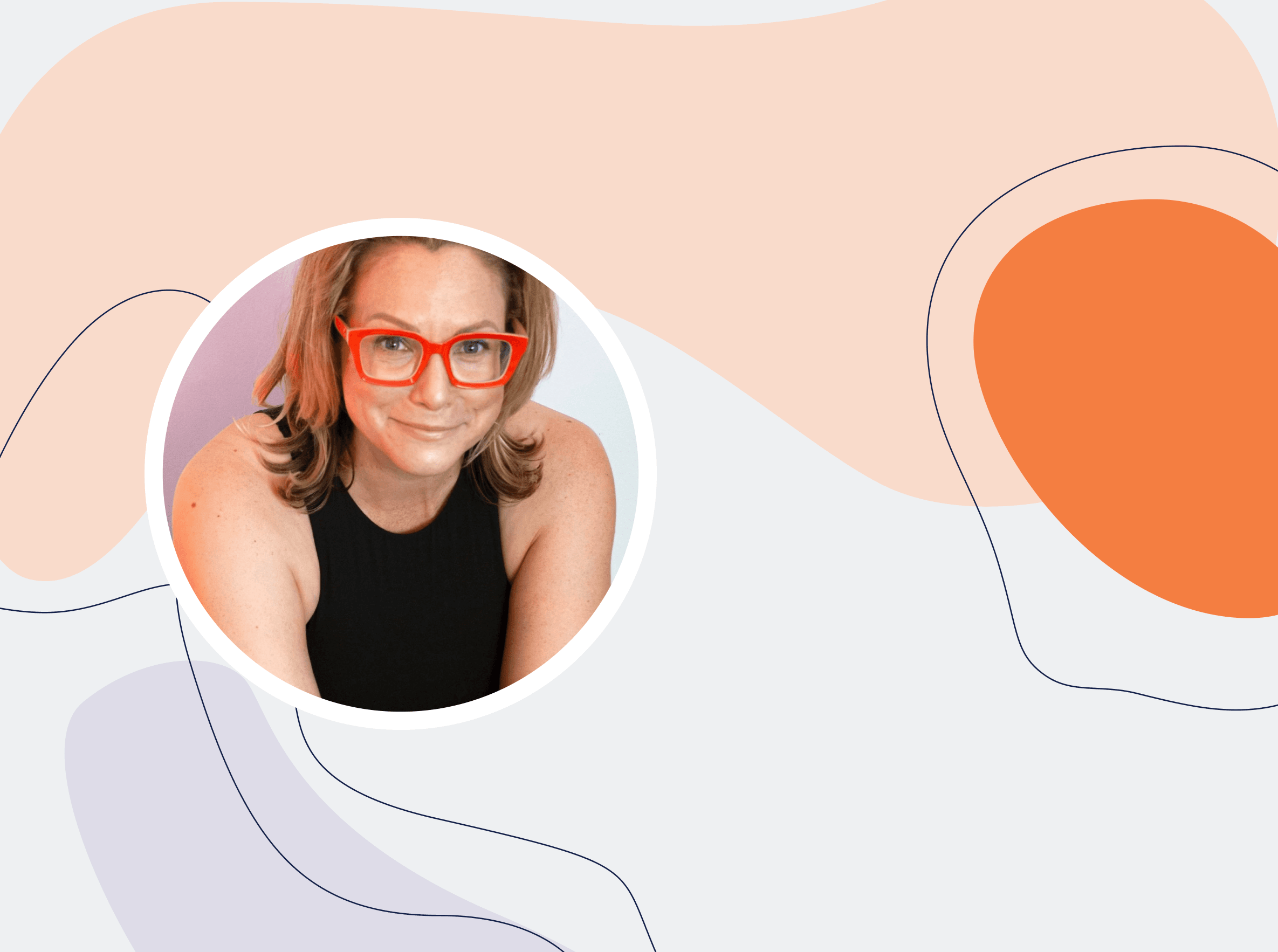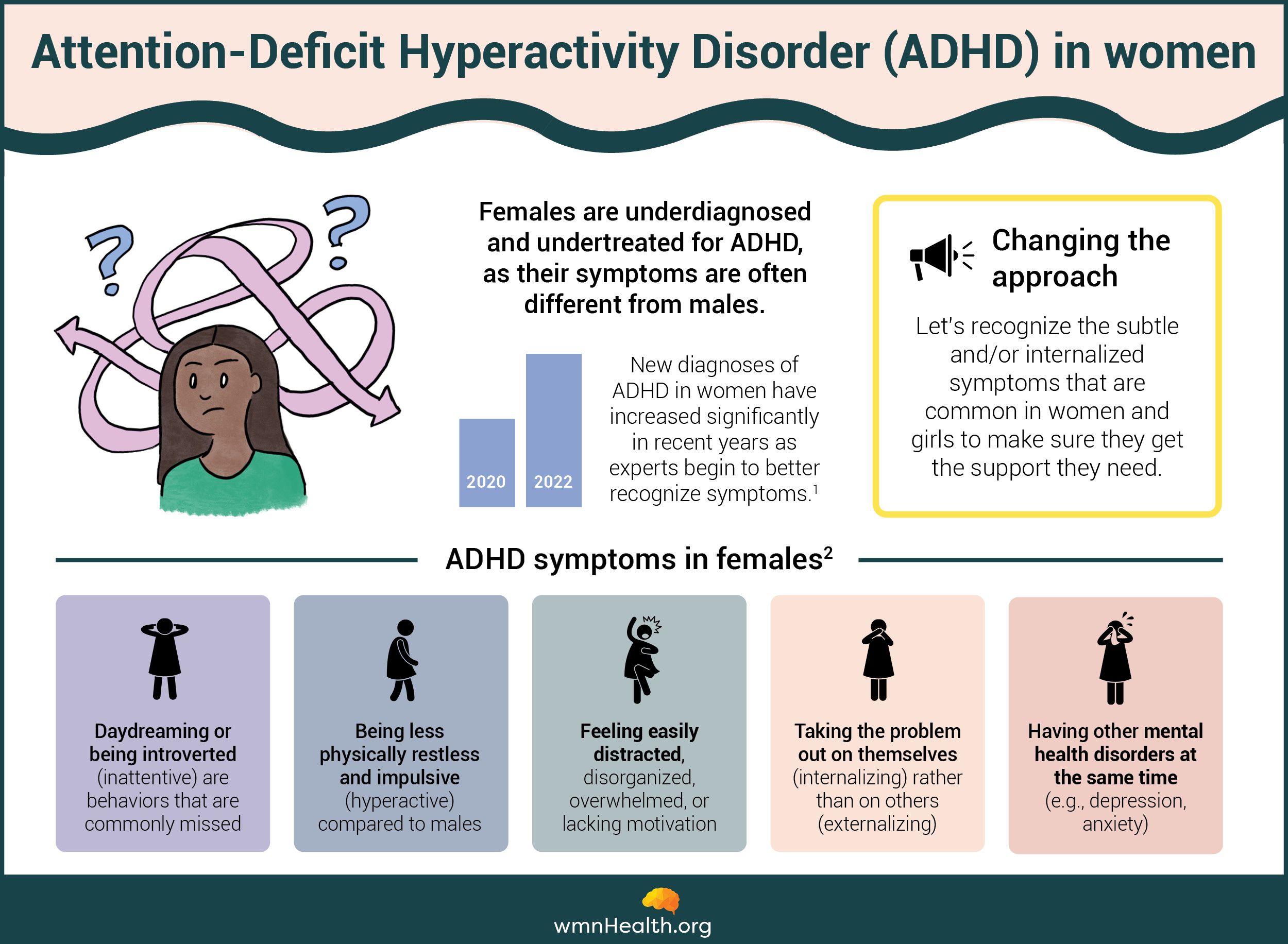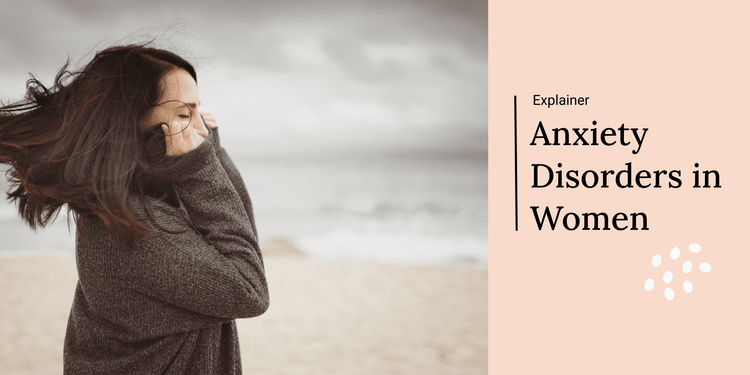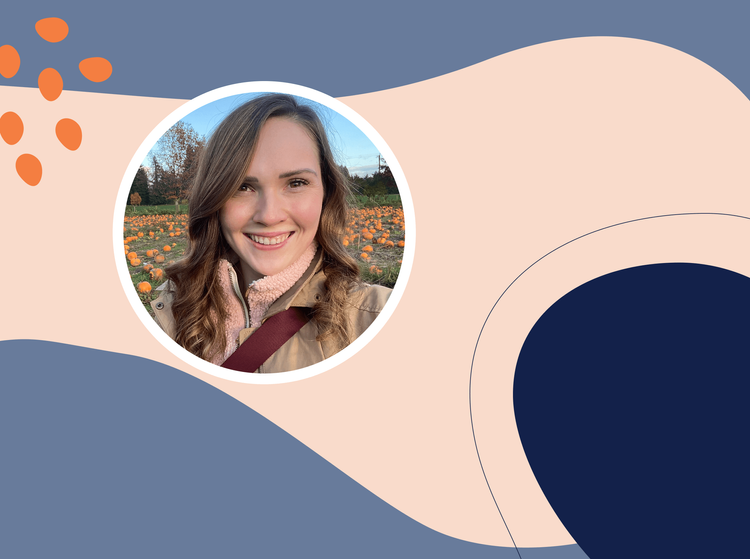
Nov 01, 2023, 4:00 am UTC
6 min
Created by
Adult ADHD: How a late diagnosis changed one woman's life
This article covers:
- What was the catalyst for pursuing an assessment for attention-deficit/hyperactivity disorder (ADHD)?
- What was the diagnostic process?
- How did you come to terms with your diagnosis?
- What was the impact of treatment?
- What role did sex and gender play in your ADHD journey?
- Was stigma an issue for you?
- What are your coping mechanisms?
- What advice do you have for others who relate to your story?
On average, girls with attention-deficit/hyperactivity disorder (ADHD) are diagnosed 5 years later than boys—at age 12. But those who do receive a diagnosis are in the minority: An estimated 75 percent of girls with attention problems are never diagnosed. Misconceptions about the neurodevelopmental disorder mean that females with ADHD, who tend not to display the hyperactive or impulsive behaviors associated with the condition in boys, go unrecognized—and untreated. That is especially true for gifted girls. Instead, young females are more likely to be inattentive, daydreamers, anxious, or easily overwhelmed.
Theresa Tayler, an entrepreneur based in Calgary, says despite her ADHD, she coasted through school and later thrived in the fast-paced and creative world of journalism. It wasn't until the eve of 40, in the aftermath of a series of traumatic events, that it manifested as a serious problem, likely in combination with complex post-traumatic stress disorder, a form of PTSD associated with prolonged, repeated traumatic life events. (Symptoms of the two conditions often overlap.)
Here, Tayler shares what led her to a diagnosis, how she copes with the symptoms of ADHD, and how she found a path forward.
This interview has been edited for length and clarity.
The lead-up to a diagnosis
In my late 30s, I went through a whole bunch of stuff, some of it traumatic. And that, I think, is what kind of triggered it. I started trying to understand some of that, and it's almost like it opened up like a pocket in my brain. People say that when you think you understand trauma and do the work to heal, it's only the beginning. At that point, it's like the brain goes, "Holy moly, I have to process this all now."
And then we got into COVID. I was a contractor, and much of that gig work disappeared because we were in lockdown across the universe. During that time, I realized I had to make some changes. I didn't know what was going on—I thought it was low-grade depression, divorce, turning 40, and realizing some things about my family. I thought it was all normal midlife stuff.
I decided I had to get back on track, and I started the business I have now, a PR consultancy. I didn't think it would be hard. In my 20s and 30s, I was a high-performer. But when I tried to start building this, it was going slow. I couldn't get my head around it. There came a point in time when I realized something was not working, and other people were noticing. And they were. I was out for lunch with one of my clients, and she said, "Theresa, I've known you for 10 years, and this isn't like you. What is going on? I'm concerned about you."
When she said that to me, my heart just broke, in a good way, because I had seen her go about her journey, founding a not-for-profit and trying to grow it. The idea that I would bring her star down just killed me. At that moment, and through her kindness, I decided I had got to figure out what was going on.
 Infographic by Cat Lau. (References below.)
Infographic by Cat Lau. (References below.)The diagnostic process
I suspected ADHD for several reasons, so I started researching it online and also talked to my psychologist about it. He said, "I don't know if it's ADHD, Theresa. I think you probably have some complex post-traumatic stress." I think he was very hesitant to encourage me to go down the road of getting on medication.
But I decided to get tested, so I went through the process with Alberta Health Services — all the cognitive and behavioral testing and interviews. The psychologist also talked to a few people who knew me. Ultimately, she came back to me a few weeks later and said, "I think you have it."
Coming to terms with her diagnosis
I took the assessment and sat on it for about a month because I was asking myself, "Do I want to be on pharmaceuticals? I don't want to be on anything that's gonna make me crazy or make me gain weight," or all the things that go through people's minds if they've never been on serious brain-changing pharmaceuticals. Eventually, I took it to my doctor, and I thought she was gonna say, "You don't have ADHD; I'm not giving you any drugs" because I couldn't believe it, I guess. I felt like I was like an ADHD imposter. But she gave me a prescription, and I went to the pharmacy and thought, "Eff it. I'm just going to take this."
The impact of treatment
I took my first dose, and I remember when it kicked in because it was about 10 minutes later. I was driving down the street, and I came to a light, and I stopped. And I remember looking at the road and the light, and the first thoughts that went through my head were, "That's the road. And that's a red light." And then I went, "That's it. That's all there is right now. I'm not thinking about everything else around me. It's just a road and a light, and I'm going home." Then, I got home, started working on some stuff for a client and sent it to him. He phoned or emailed me shortly after, and he was like, "Wow." So, the impact was immediate. People noticed immediately.
We have this stigma of what ADHD is like: It's a guy's disease, and it's behavioral. Well, for me, it is more rumination—worrying about situations, replaying traumas in my head, conversations—and anxiety, like, what if I'd messed up with people. I think that was why I couldn't concentrate. The drugs have really helped that anxiety and concentration. They have given me my life back. And they've made it easier to deal with post-traumatic stress disorder as well because I can think clearly. So I can actually feel uncomfortable feelings without going into a total panic.
Not having that intense anxiety and rumination… It's been a big kind of awakening for me. There's sadness, too. I have left a lot of my old social circles and dynamics behind because I'm not going back to being that person who masked and pretended I was okay, hanging out with people who didn't embrace that I was a bit of a different thinker. So there's sadness in that. But you know, from a clinical point of view, not having anxiety is good!
The role of sex and gender in ADHD
I think in a lot of women, it has gone unnoticed. After all, the roots of modern medicine come from men studying men. When everything is built for White middle-class men, how are you going to be able to get a diagnosis on anybody else?
Men get diagnosed as kids, so usually much earlier than I did. So, for me, it went "boom" into almost a total shutdown because it wasn't assessed, it wasn't dealt with, I wasn't dealing with it. And then I went through a whole bunch of traumatic events, we get into COVID, everybody's in trauma, and then all of a sudden, instead of a slow trickle, where you might look at a teenager and say maybe they need some treatment, it hit me like a bomb. It's almost like I just shut down. I think that might be a familiar story for a lot of women. I hate to think about how many women got diagnosed with borderline personality or put on antipsychotics because they weren't assessed earlier.
Struggling with stigma
There's a stigma around mental health and around ADHD. And I think the reason some people are hesitant to talk about it isn't because they are embarrassed to have it or to be neurodivergent. I'm certainly not. I think there is a superpower in that neurodivergence, and it can be threatening to people. And so it is stigmatized as a problem. I've been hesitant to talk about it because I am afraid people will use it to make me out to be the problem. So I think that's why people don't want to come out and talk about it. They don't want to become the scapegoats.
Coping with ADHD
The meds are great. But, for myself, there's that trauma stored in the body, in my hips and joints and muscles. So I do yoga weekly, I do my stretches, and I try to do cardio every day. So, I approach it holistically, as body, mind, and spirit. All of those things have been important. When I fall out of alignment with one, like if I get busy with work and I'm not exercising, stretching, or meditating, the drugs aren't as effective. It's kind of like being back in fight or flight. For me, that's where I think the PTSD comes in more than the ADHD.
Her advice to others
If you feel something's up with you, stick with your gut. Get a second opinion. Go to multiple sources and try to get it assessed. Maybe it's not ADHD, or depression, or whatever you've got in your mind, but it might be something else. So trust your intuition.
Eventually, you have to lean into whatever's going on with you and not worry about what people think. There are a lot of people out there who have all sorts of different things going on. We just don't talk about it. Once you can voice it and say, "I might have this going on," it takes its power away. But I'm just at that step.
Infographic References
- Cosmos Study: Number of ADHD Patients Rising, Especially Among Women, Epic Research. March 30, 2023.
- Young S, Adamo N, Ásgeirsdóttir BB, Branney P, Beckett M, Colley W, Cubbin S, Deeley Q, Farrag E, Gudjonsson G, Hill P, Hollingdale J, Kilic O, Lloyd T, Mason P, Paliokosta E, Perecherla S, Sedgwick J, Skirrow C, Tierney K, van Rensburg K, Woodhouse E. Females with ADHD: An expert consensus statement taking a lifespan approach providing guidance for the identification and treatment of attention-deficit/ hyperactivity disorder in girls and women. BMC Psychiatry. 2020 Aug 12;20(1):404. doi: 10.1186/s12888-020-02707-9.


